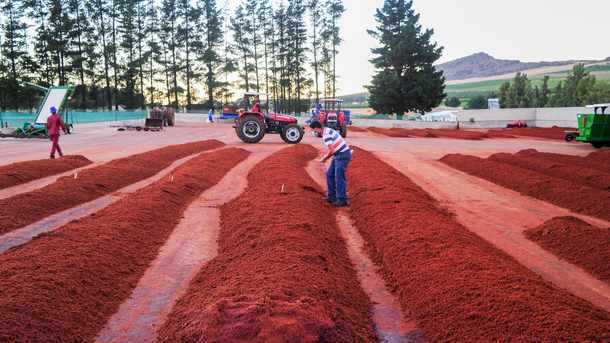Africa-Press-South-Africa
Clanwilliam – Growing in the sunshine surrounded by majestic mountains, rooibos farming has been sustaining generations of families.
Just two hours outside of Cape Town, past mountain passes, the indigenous herb grows freely in the quaint Cederberg town of Clanwilliam.
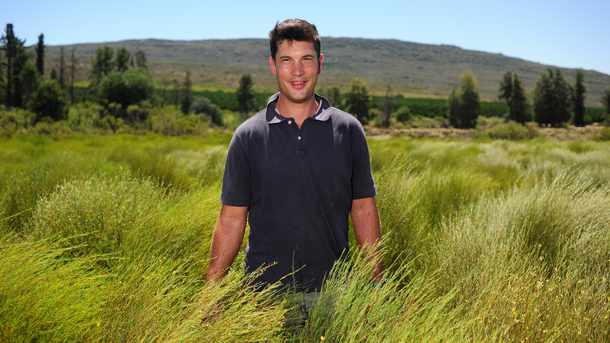
The herb, which started out being harvested by the Khoisan more than 300 years ago, is responsible for around 87% of South Africa’s international tea exports.
Jacques Burger, who runs the farm Elandsfontein with his father, admitted: ”It comes with its challenges, but I’ve learnt to love farming and rooibos is my passion. We took a leap of faith and purchased the farm in 2018 which we started renting in 2005.”
Sixteen years later, 450 hectares of rooibos farming continues to sustain the lives of the 35 employees.
and the surrounding community.“In the next two years, we plan on adding another two hectares to the farm, which will create more jobs for the people,’’ said Jacques.
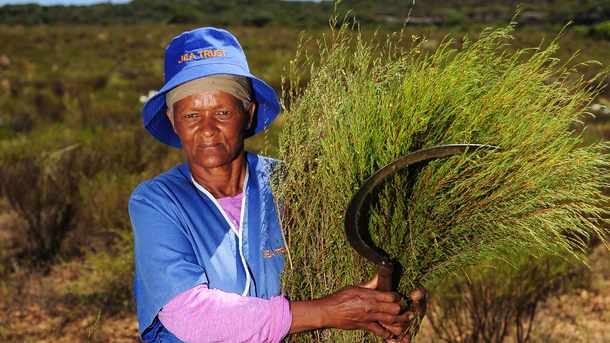
Anna Brandt was born on the farm and has worked there for 23 years. She said she used to pick one ton of rooibos per day which allowed her to send her son to university. She also stated that rooibos is her passion.
Brandt said: ”Before Jacques came to help his father on the farm, Mr Burger paid for my son’s university residence fees when I couldn’t afford it, and hasn’t asked for his money back. I will forever be grateful to him and his family.”
She said the passion for rooibos was passed down to her children, who also worked on the farm. “One of my sons also worked on the farm, and left the farm with high regards from the Burger family’’.
Burger added: ”I identified the leadership qualities of Anna and promoted her to a managerial position.”
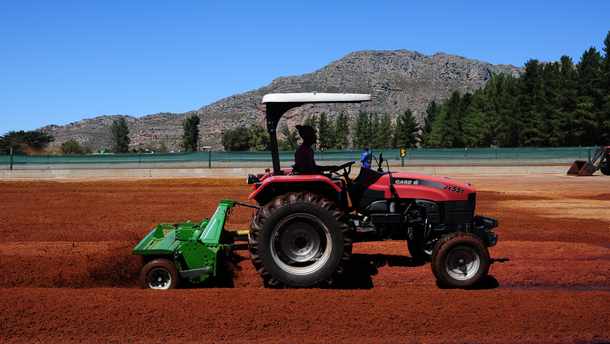
The tea is harvested in the same minimalistic manner it has been for the past 23 years. Carmién Tea, whose story started in 1998 at a small farm stall on the N7, has continued to consistently naturally produce rooibos tea, becoming an internationally renowned tea.
’’Of the tea that we make on the farm, 87% is exported internationally.’’
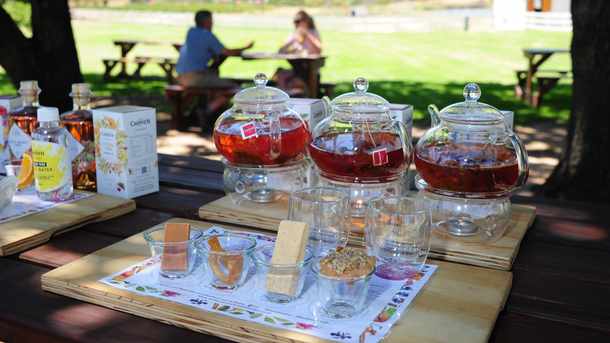
Booise’s eyes light up with excitement when describing the harvesting process.
”Rooibos seeds are put into the ground between February to March and the seedlings transplanted a few months later. It takes about 18 months before the plants can be harvested for the first time.”
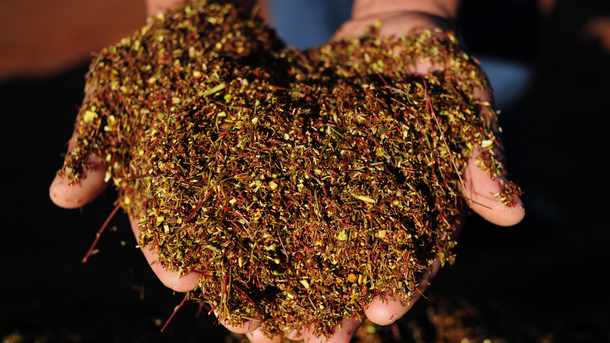
Then the fermenting process starts, which is done by spreading the rooibos across massive plains of land before being ploughed over by a truck for many hours.
’’After watering and airing, the tea is left to sweat in heaps. The fermentation process involves oxidation, brought about by enzymes naturally present in the plant. This is when it gets it’s deep-red colour and its strong smell,’’ Bird said.

